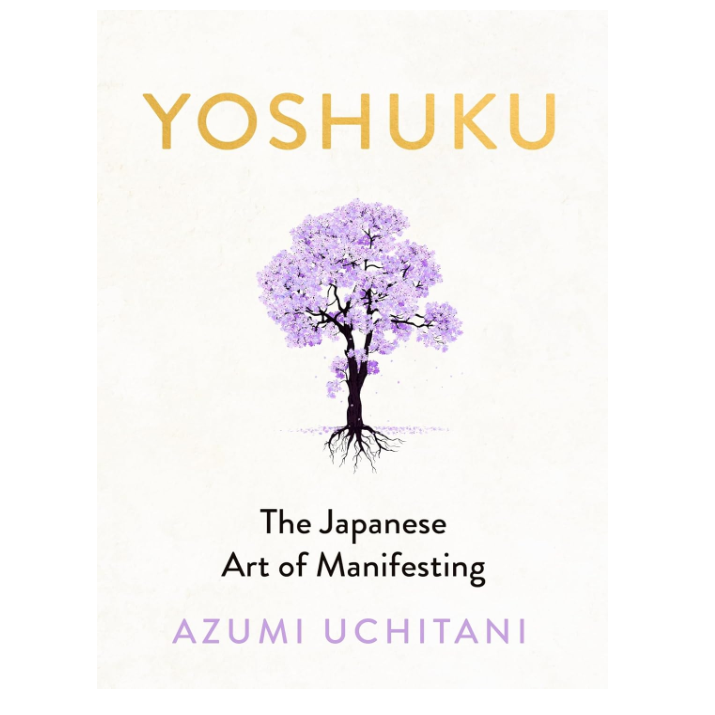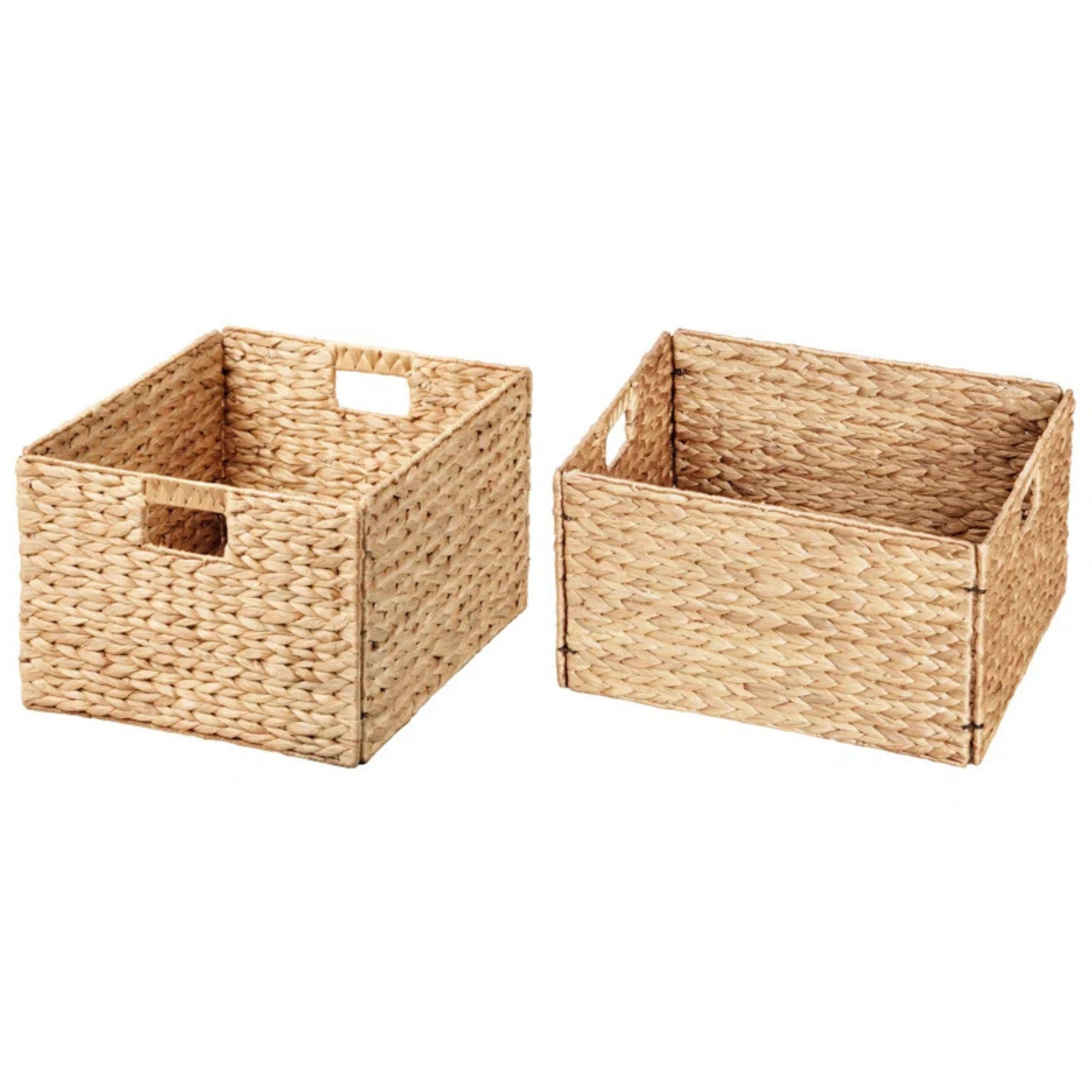How to declutter items your 'fantasy self' stubbornly holds on to
It can make your dreams of a tidy, streamlined home come true
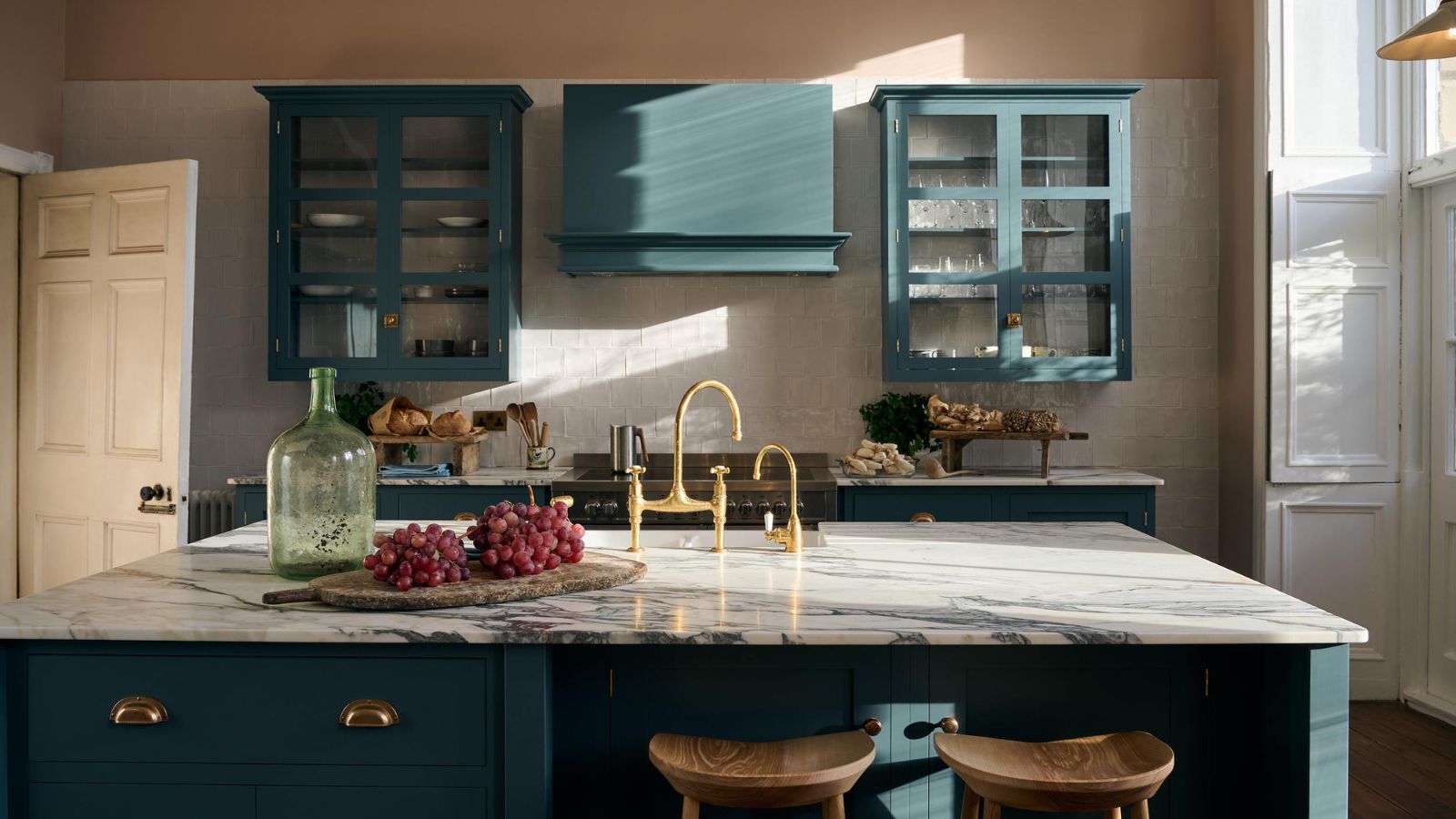

Clutter causes stress, makes it difficult to find what we need and can accumulate out of nowhere. That's why decluttering the home of your 'fantasy self' might be the key to change: taking time to assess your sense of attachment to your possessions and evaluating if you hold onto them despite not using them in your present life.
There are many reasons why clutter can build up including buying unnecessary bargains and obligations to keep things. But lesser talked about, another reason includes stubborn attachments of your 'fantasy self' to items we believe we will one day use or love despite never showing any real interest or use in them.
Know that your 'fantasy self' is a subconscious element of who you are, and learning about it may be the key to finally maintaining a less cluttered home, and will help you let go of belongings you've clung to for years. Here, professional organizers and a psychology expert explain how to use this knowledge to declutter your home.
What is your 'fantasy self'?

Shari B. Kaplan, licenced psychotherapist and Integrative Mental Health Clinician at Cannectd Wellness, says, 'The fantasy self represents an aspirational version of ourselves – the idealized image we imagine achieving someday, filled with traits, hobbies, or lifestyles we think would bring us happiness or fulfilment. This version might stem from societal expectations, unresolved dreams, or the hope of transformation.'
To provide an analogy of this exact thing that happened in my life, years ago, I wanted to learn how to play the guitar. I bought one, never got around to dedicating the time needed to learn how to play it, but kept it for years regardless, swearing I would play it someday. I eventually gave it away and still never learned guitar: my fantasy self wanted it more than my true self did.
The guitar I was holding onto was part of the fantasy I had in my head about the version of myself that could play the guitar – my fantasy self. And it's because of this fantasy version of myself that I lacked the motivation to declutter and kept that possession for so long despite never using it.
You likely don't need to pause or look around your home to identify the objects that may belong to your fantasy self as they usually connect to your dreams and desires, which you can easily recall.
Design expertise in your inbox – from inspiring decorating ideas and beautiful celebrity homes to practical gardening advice and shopping round-ups.
Be it a dress you no longer fit into, a pair of shoes you love wearing but avoid because they hurt your feet, a sketchbook or painting materials that will one day come in handy when you finally make the time to use them, fantasy self possessions can come in many forms.
'While the fantasy self can inspire growth, it often creates dissonance when it’s not in harmony with our true needs or desires,' adds Shari. So as much as it's great to use your fantasy self as a source of inspiration, it can quickly get out of hand and just cause clutter and unhappiness to accumulate in your home.
Why is it hard to let go of items belonging to your fantasy self?
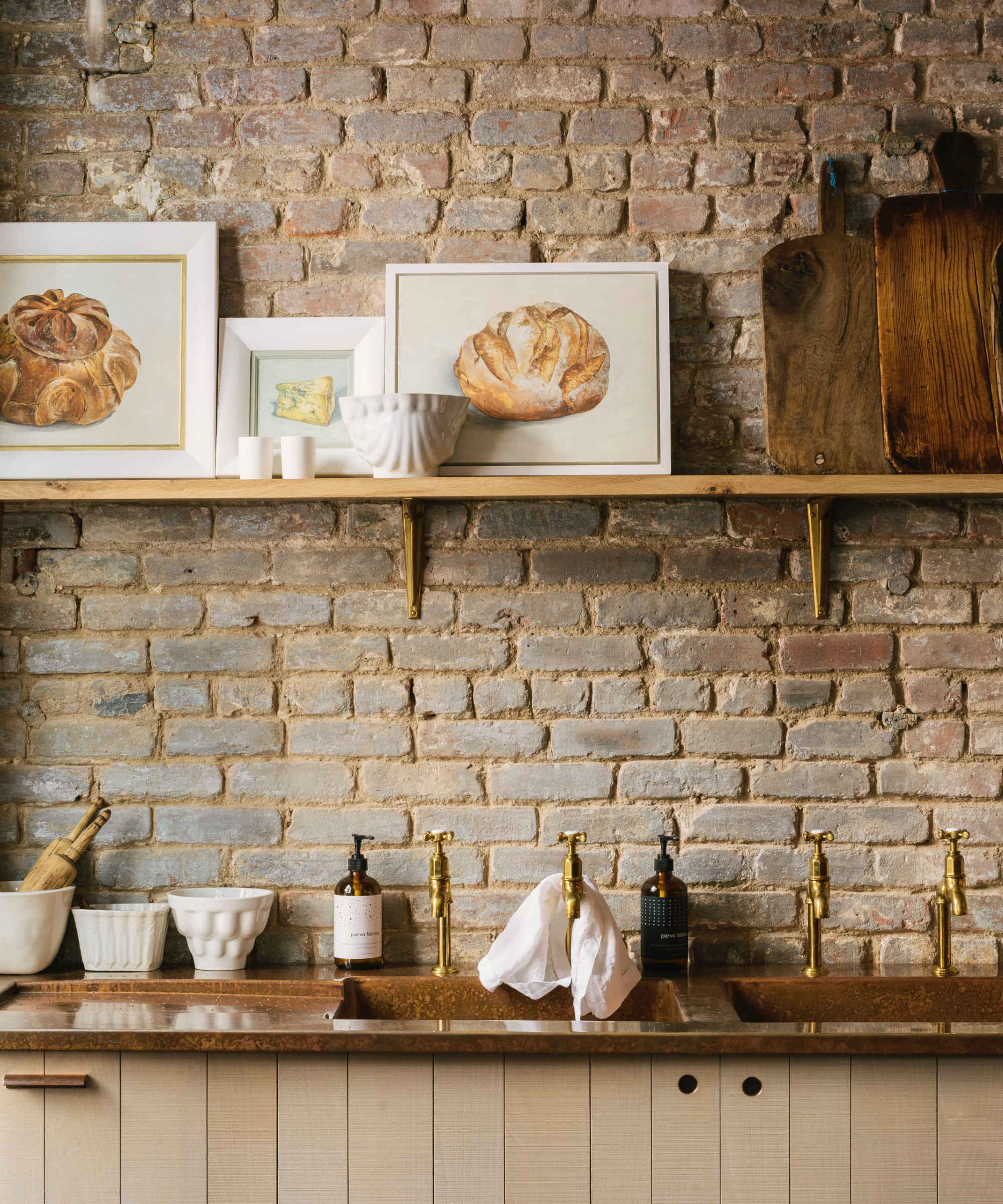
There are many reasons why a person might find it difficult to part with their fantasy selves' possessions. Something Linda Samuels, certified professional organizer and founder of Oh, So Organized!, has come across with their clients is the tough process of letting go of a past version of who you have been or who you wish to one day become.
'In the organizing industry, we often use the term aspirational to refer to the objects that represent who we were in the past or who we want to be in the future, but the term fantasy also works,' says Linda. 'These types of objects can be incredibly challenging to let go of, even though the likelihood of ever using them is improbable because a person might miss parts of who they used to be or they imagine their future differently to how they are living in the present.'
Like all objects, objects connected to our 'fantasy self' are linked to the Feng Shui of our home, but they also act as a form of symbolism: a tangible thing representing a goal or idealized version of ourselves, or a memento from the past that we feel, if we hold onto, can remain a part of our lives forever even if its moment has since passed.
'These attachments often arise from a deeper emotional space: insecure/anxious or avoidant attachments from our childhood, fear of failure, regret for what we haven’t accomplished, or societal pressure to embody a specific ideal,' explains Shari. 'Letting go of these items might feel like letting go of the dream, admitting we’ve changed or a false sense of losing a part of yourself.'
How to declutter items belonging to your fantasy self
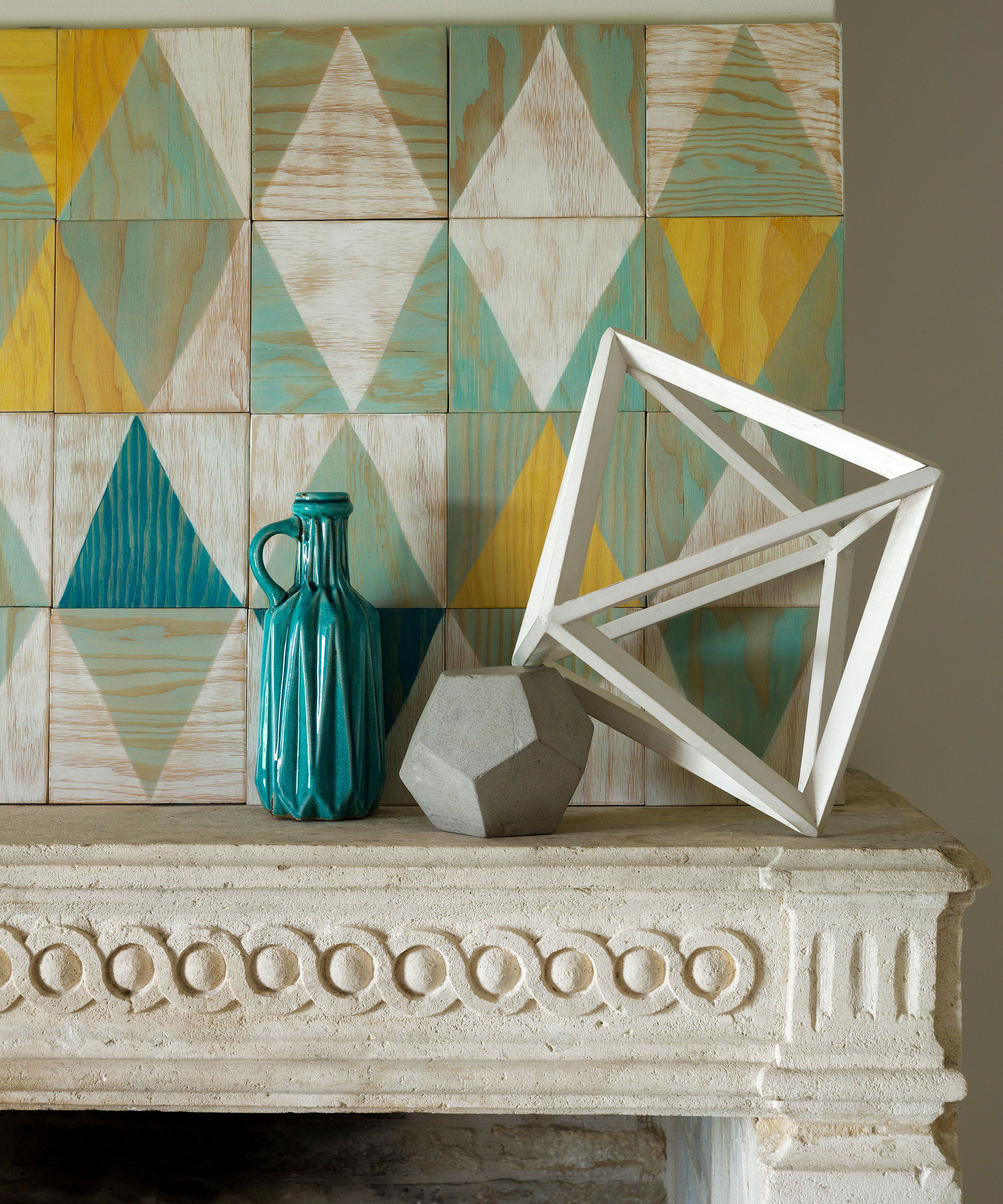
To begin the process of decluttering items belonging to your fantasy self, you must first undergo a mindset shift and evaluate the sense of attachment you hold towards each possession to uncover why you're holding on so tightly.
Azumi Uchitani, writer, artist, lecturer, co-founder of the Japanese Wisdom Academy, and the author of the upcoming book YOSHUKU, Japanese Art of Manifesting, says, 'The key is to distinguish between items that hold real personal value and those that are kept out of obligation, habit, or a desire to impress.
'Let’s say you have a guitar that you haven’t played in a year, sitting in the corner of your living room. Person A polishes and cleans it regularly, even though he doesn’t play it, he still loves this guitar and treats it as part of his life. While Person B leaves it untouched, covered in dust, and feels no connection to it.
'Person B wants to keep it just in case, thinking, I bought it in the past, and I want to be able to play it someday. This illustrates the difference between items that reflect your authentic self and those driven by a fantasy self.'
Once you have identified items belonging more to your fantasy self than to the person you truly are, you can follow through with this step-by-step with tips from Azumi, as well as Cheryl Arzewski and Jordan Marks, co-owners of It's Organized, LLC:
- Ask key questions: 'It's all about asking the hard questions,' say Cheryl and Jordan. 'Some of the questions we encourage our clients to ask themselves include: 'Is the stuff I'm holding onto just collecting dust and will continue to never be used?', 'Does the item align with what I need/want for my 'realistic self?', 'Do I have any items based on old interests which could leave my life and make room for interests I currently hold?', and 'Would I buy this item again today?' Taking time to reflect can help you to overcome a decluttering roadblock.
- Distinguish between practical and personal value: 'Seek to keep items with personal or practical value,' says Azumi. 'Let go of those tied to external validation or outdated aspirations.' For the personal and sentimental items you are keeping, consider investing in a display cabinet like this display cabinet with adjustable shelves and lights from Wayfair, or a dedicated shelf to display items you take joy from daily.
- Let go with gratitude: 'Acknowledge the item’s role in your life, thank it, and release it by donating, selling, or gifting,' says Azumi. Cheryl and Jordan add, 'Since this process can be hard, we recommend starting small with one topic/category of the home to get the ball rolling.'
- Set future intentions: 'Before acquiring new items, ask if they align with your authentic self and current needs,' says Azumi.
- Celebrate progress: 'Appreciate your effort and revisit this process regularly to ensure your space continues to reflect your authentic self,' says Azumi. Don't forget it's okay to not have everything figured out at once. If you're extremely stressed, consider getting help from people or decide whether it's time to stop decluttering for now.
Take inspiration from the storage solutions minimalists avoid, as minimalists keep their storage solutions small to avoid over-keeping items. The less storage they have, the less clutter minimalists accumulate.
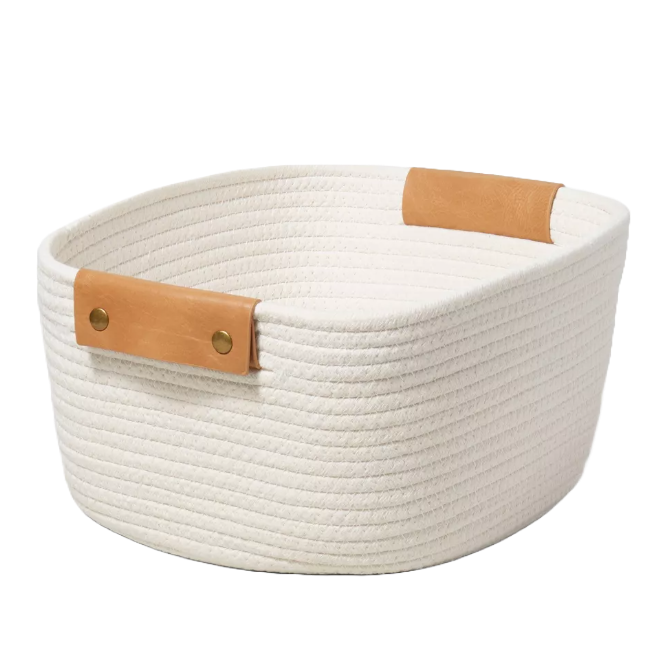
These simple, neutral rope baskets are ideal to use in any room needing more storage from your pantry or bathroom to the living room or bedside table.
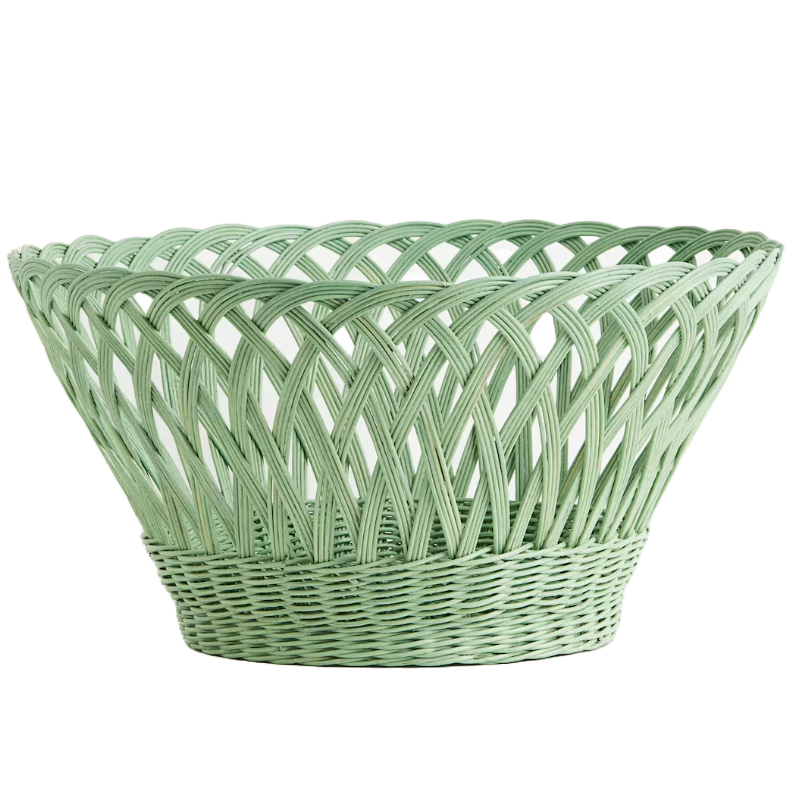
Add a pop of color to your home while also increasing its storage capacity with this gorgeous rattan storage basket.
Tips for those really struggling to let go of items
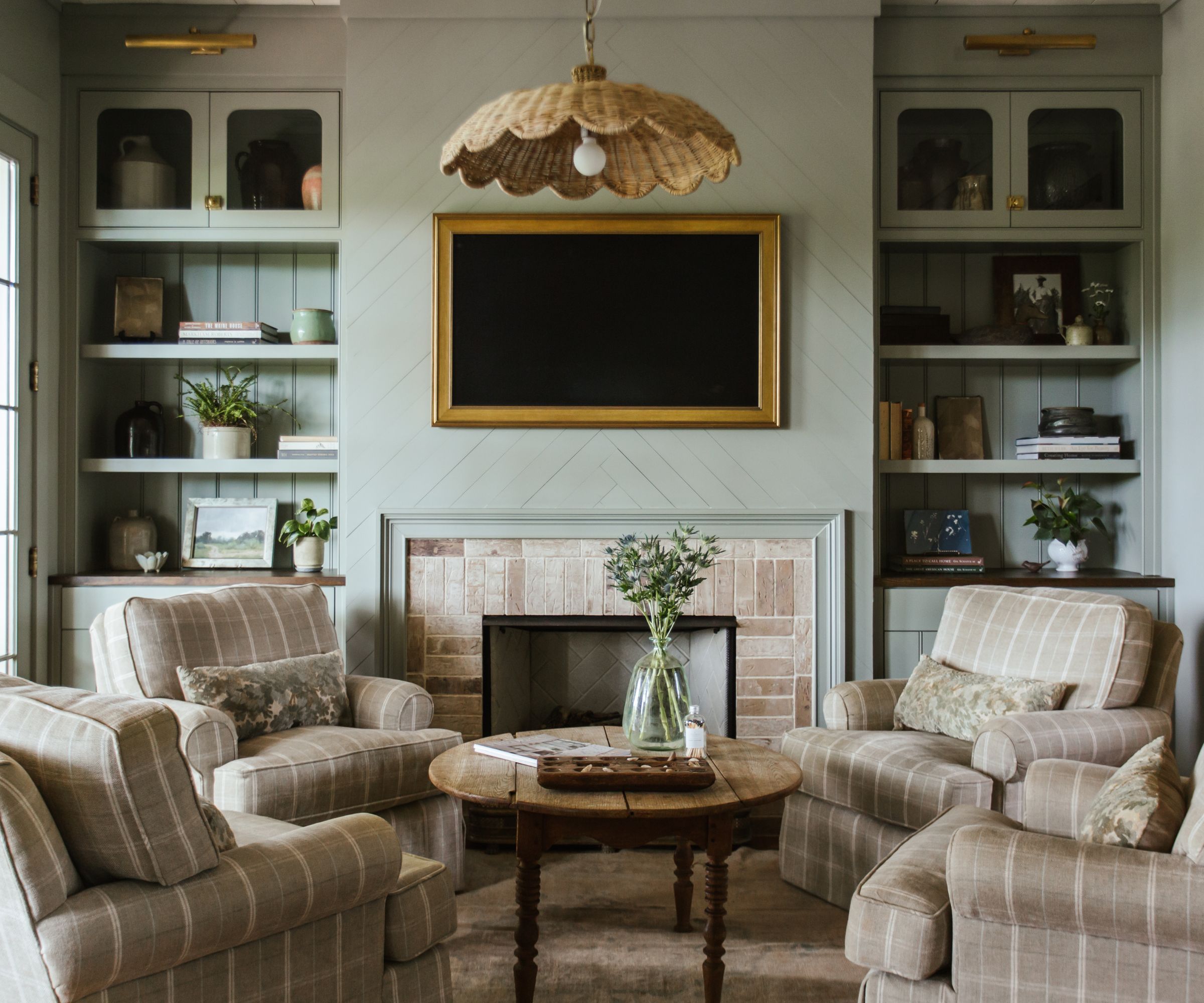
It can be difficult to let go of possessions tied to your fantasy self as it's more than just parting with an object: it's parting with all it symbolized as well.
Di Ter Avest, professional organizer, owner of Di Is Organized, and author of the book 'Organize Yourself Healthy', says, 'Letting go can be hard, especially if your items are tied to big dreams or emotions. If you consider yourself to be among the three following groups you may be more likely to struggle with letting go of your items.'
- Dreamers: If you love imagining what 'could be', it's hard to let go of the things tied to those dreams.
- Sentimental folk: If everything feels meaningful and is a sentimental item, even fantasy items are tough to part with.
- Perfectionists: Letting go might feel like admitting you didn't 'succeed'.
Di continues, 'Here are some tips I would give to anyone out there struggling to part with items that don't align with their authentic self.'
- Start small: Pick an easy win – something you know deep down you're ready to part with. Micro-decluttering might be a good gateway into the process, and if you're finding it particularly hard to let go of items right now, perhaps try putting them into a means of closed storage like the Ved heavy-duty water hyacinth wicker storage trunk from Wayfair and leaving them there for a few weeks before decluttering. This will give you time to decide if you're ready to let those possessions go.
- Focus on the positive: Imagine how good it'll feel to have more space and less guilt.
- Think of the future: You're not giving something up; you're choosing to live your best life now.
Cheryl and Jordan recommend using the good you can do from donating your items as a motivator to remove surplus from your life. They explain, 'A great donation motivator is thinking about the recipients of these items and the joy they’ll get from using them. Whether it’s a family member, friend or stranger, it’s always a great feeling to think about how they’ll enjoy them.'
It's one of the reasons our pros always recommend decluttering and donating children's toys and puzzles before Christmas as it can make a world of difference to another family.
And lastly, Linda recommends taking photos of items you're really struggling to part with, but know you are only keeping as a memento gathering dust. 'Let's say your fantasy self makes it challenging to declutter clothes and release the shoes you own but no longer wear because you imagine your future differently,' says Linda. 'Take a photo of your collection, select one favorite pair as memorabilia, and then donate the rest. You don’t have to abandon your fantasy completely, but instead find ways to adapt the dream to your reality.'
If you're looking for more movitation to help you part with possessions, the Japanese idea of 'inyo-onyo' can turbo-charge your decluttering. It emphasizes the way empty space in a home can help create balance and tranquility, so why not give it a try?

Ciéra is a writer and regional laureate with particular passions for art, design, philosophy and poetry. As well as contributing to Homes & Gardens, she's an Editorial Assistant for Design Anthology UK and a contributing writer for magazines including Livingetc, Apartment Therapy, House Beautiful and Ideal Home. Previous commendations of hers include being Highly Commended by The Royal Society of Literature and receiving a prestigious MA Magazine Journalism scholarship to City, University of London.
